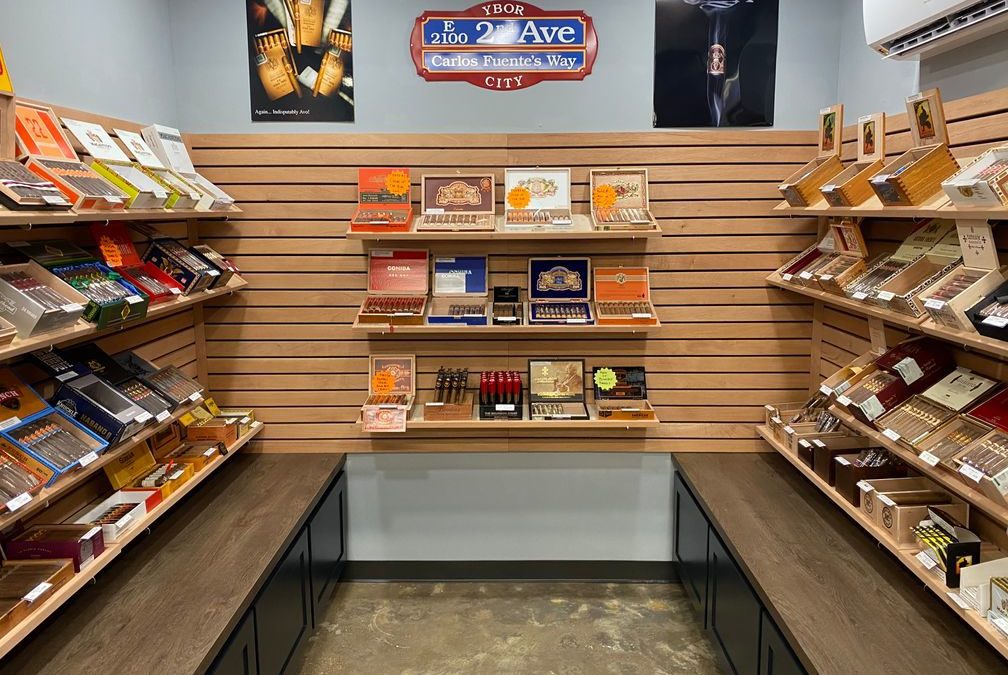Experiential retail has increased as consumers have demanded more in their shopping experience. Traditional brick-and-mortar locations have suffered, while retailers who have incorporated the new concept have thrived. As we move into the future, studies reveal that the demand for experiential retail is not slowing and retailers who want to remain prevalent must adopt this idea of “retailtainment.”
Paving the path in the industry are retailers in New York City. The latter has been integrating the concept into their locations since experiential retail was first recognized in the city when designers Rei Kawakubo and Adrian Joffe of Comme des Garçons launched Dover Street Market in Manhattan in 2013. Mimicking their original concept opened in London in 2004, Dover Street Market encompasses eight maze-like floors, including a restaurant, numerous fine art exhibits, and possibly the continent’s most overwhelming, complete collection of contemporary clothing.
Since then, individuals have leveraged this new demand to introduce new, creative concepts throughout the city. Retailtainment now uses available retail and office space to provide community experiences, bringing like-minded individuals together who share a passion. This model has proven to improve the customer experience and increase sales for brands and businesses.
Notable Experiential Retail in New York City
Following pioneers such as Walt Disney, Nike, and Levi’s, who first incorporated experiential retail into their New York City stores, other brands and businesses—both large and small—are now following suit. These retailers are adopting new concepts that create an experience for the consumer, increasing their time spent in their locations, and offering them the ability to create memories while making purchases.
Transforming the User Experience
Today’s consumers are becoming more selective about the brands and stores they choose to patronize, and 75 percent report that they prefer experimental stores versus non-experimental stores. This means they are looking for unique and seamless shopping experiences.
As a result, it is harder for retailers to grab and keep their attention. Experiential retail, including immersive commerce, aims to create an interactive experience that truly engages consumers in shopping instead of just briefly browsing, and this concept is forging a new pathway for retailers of the future.

